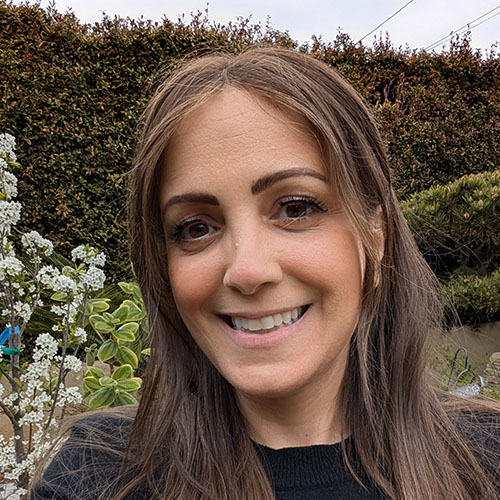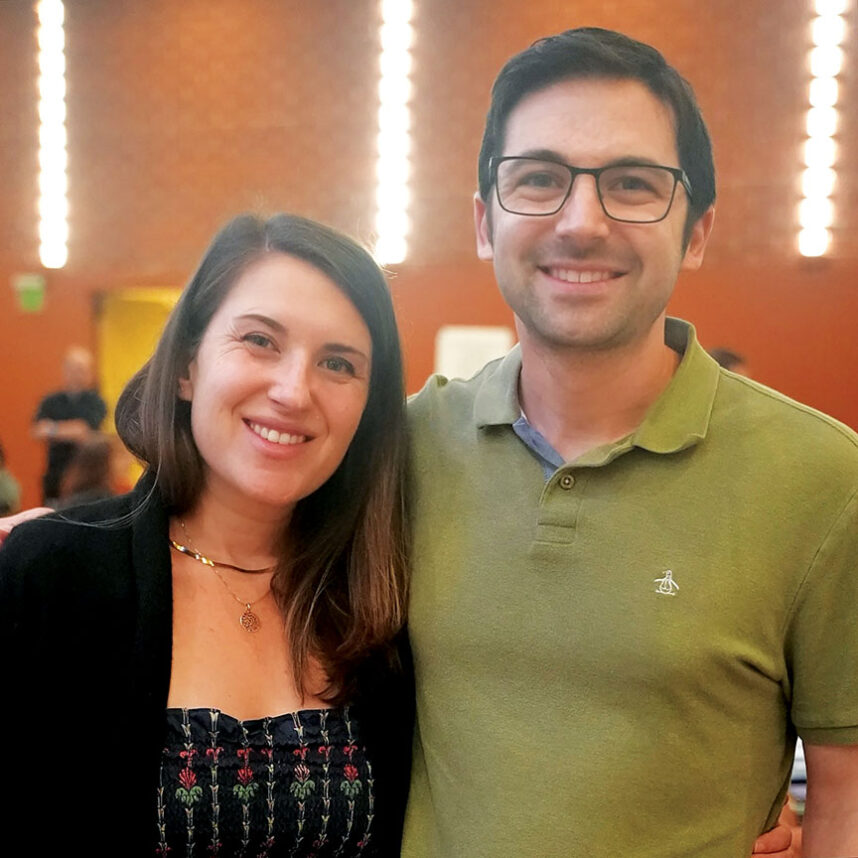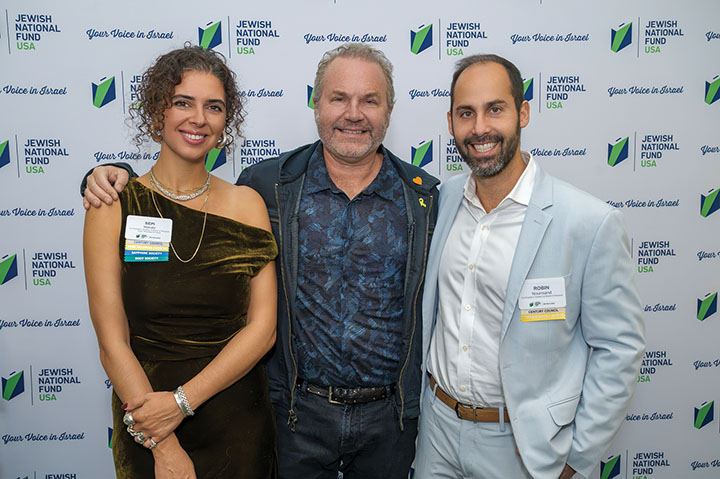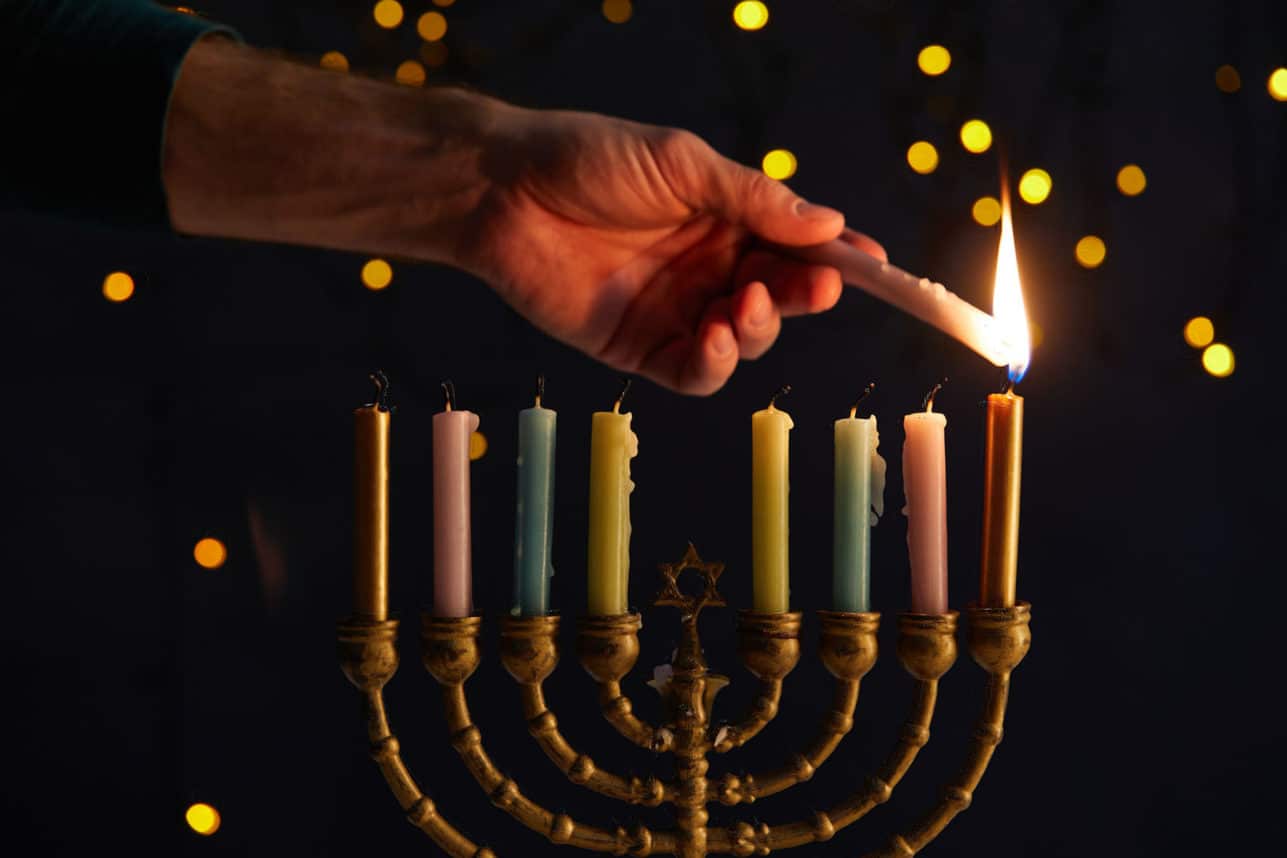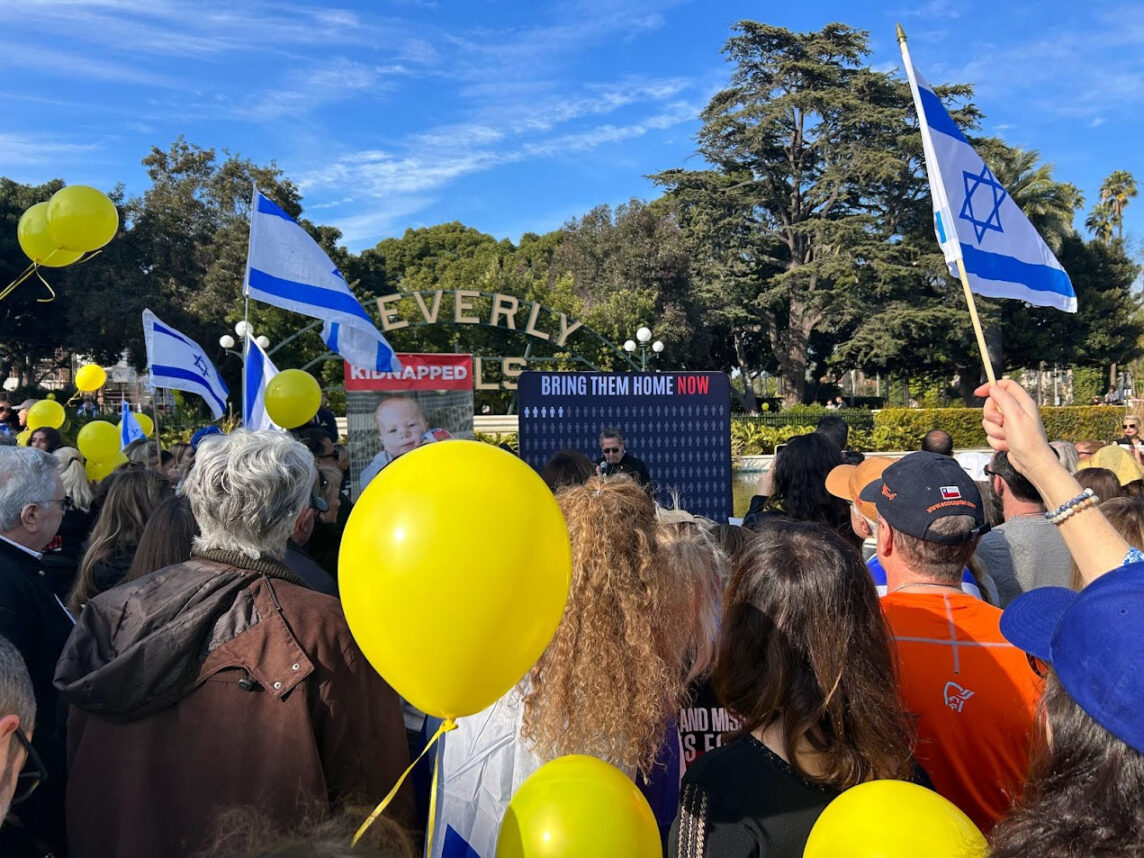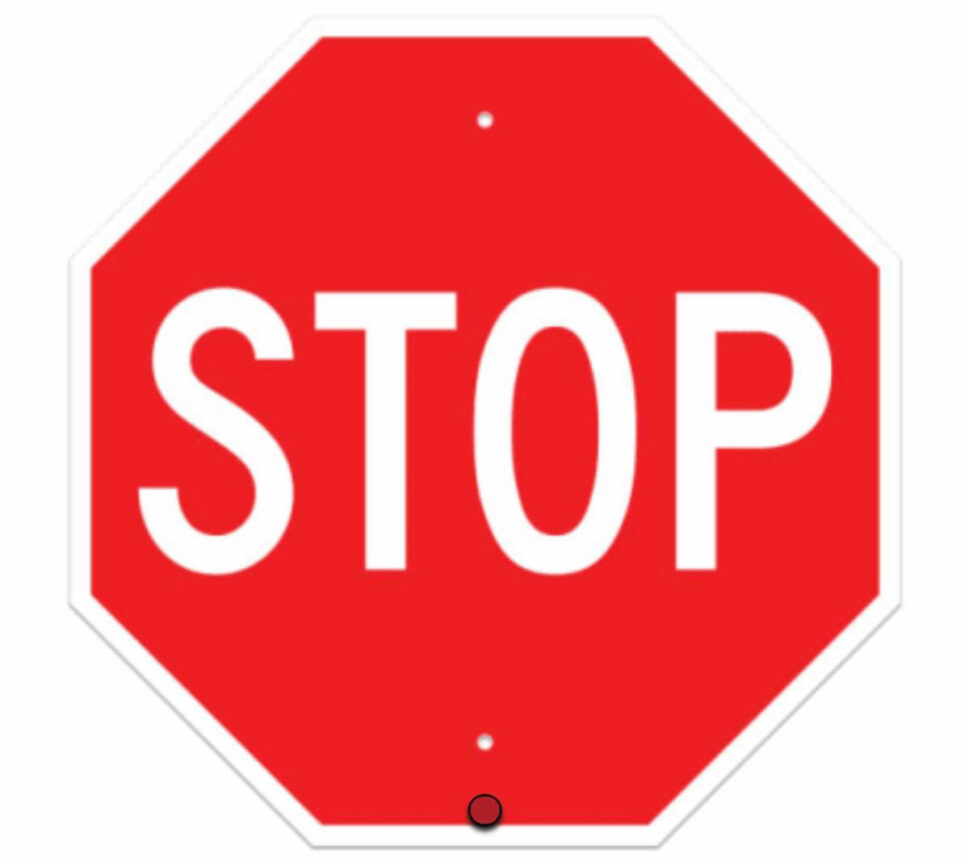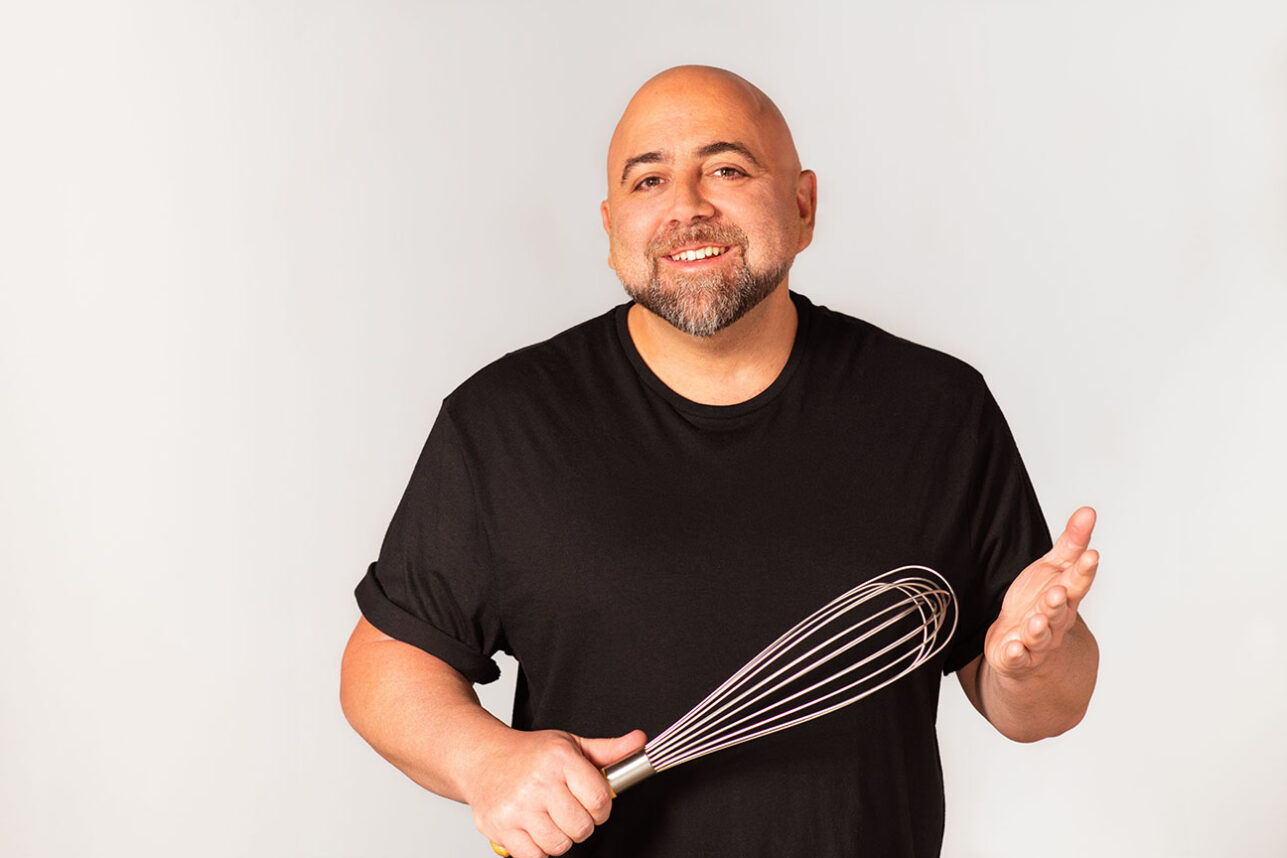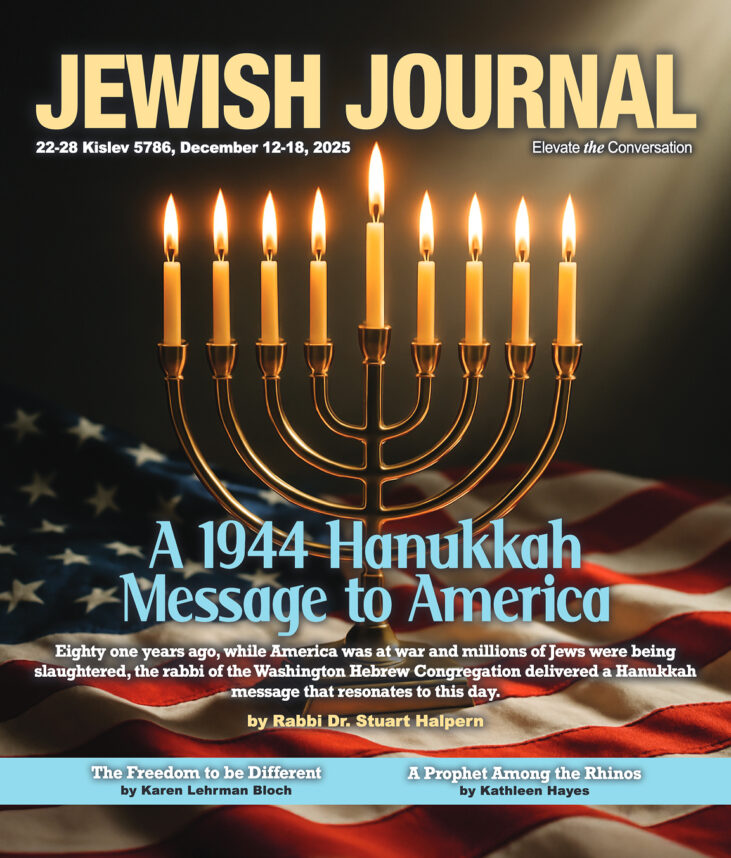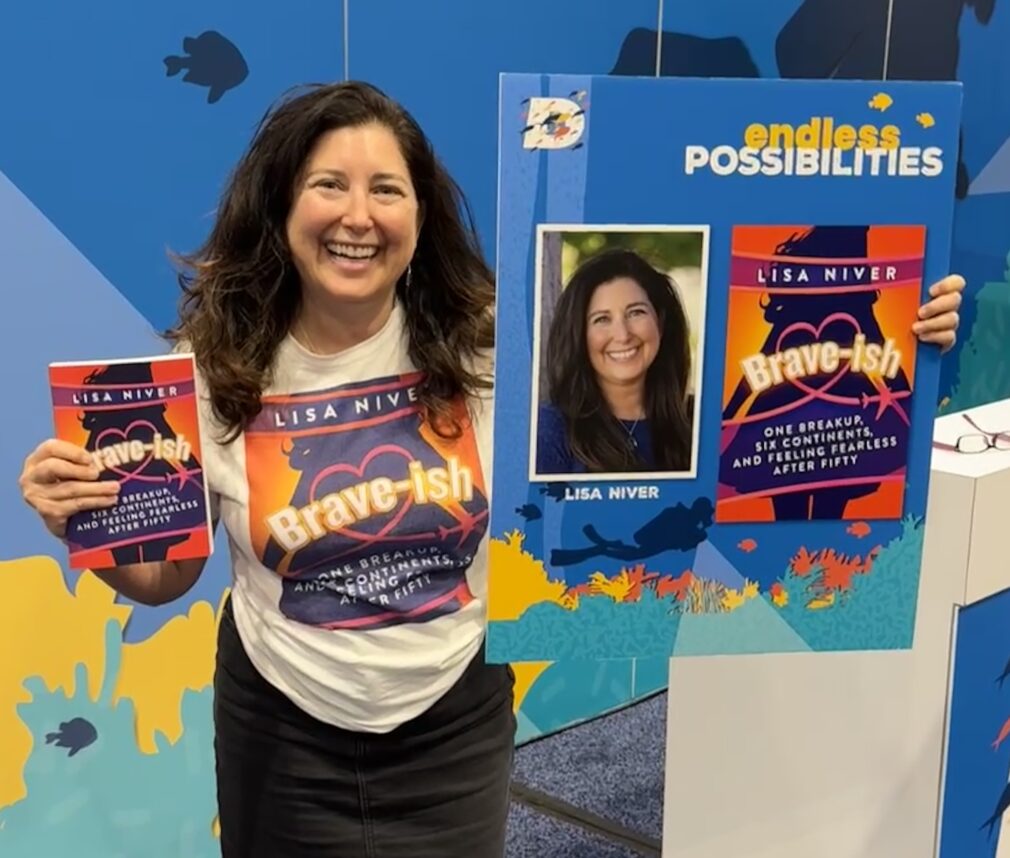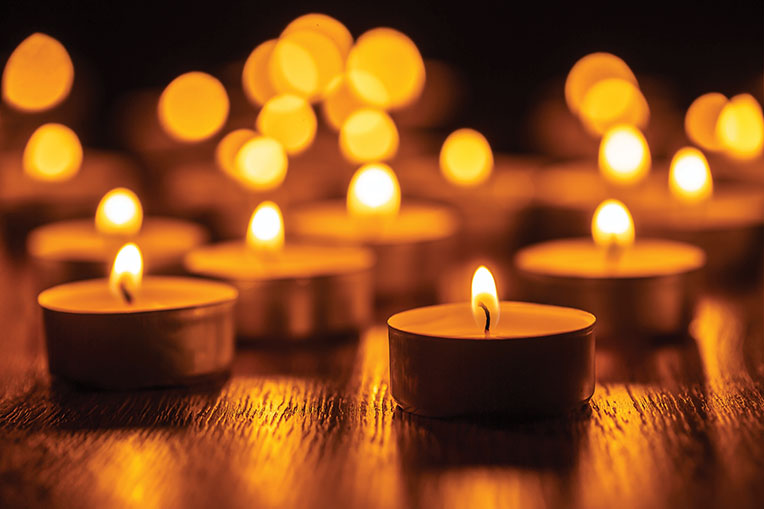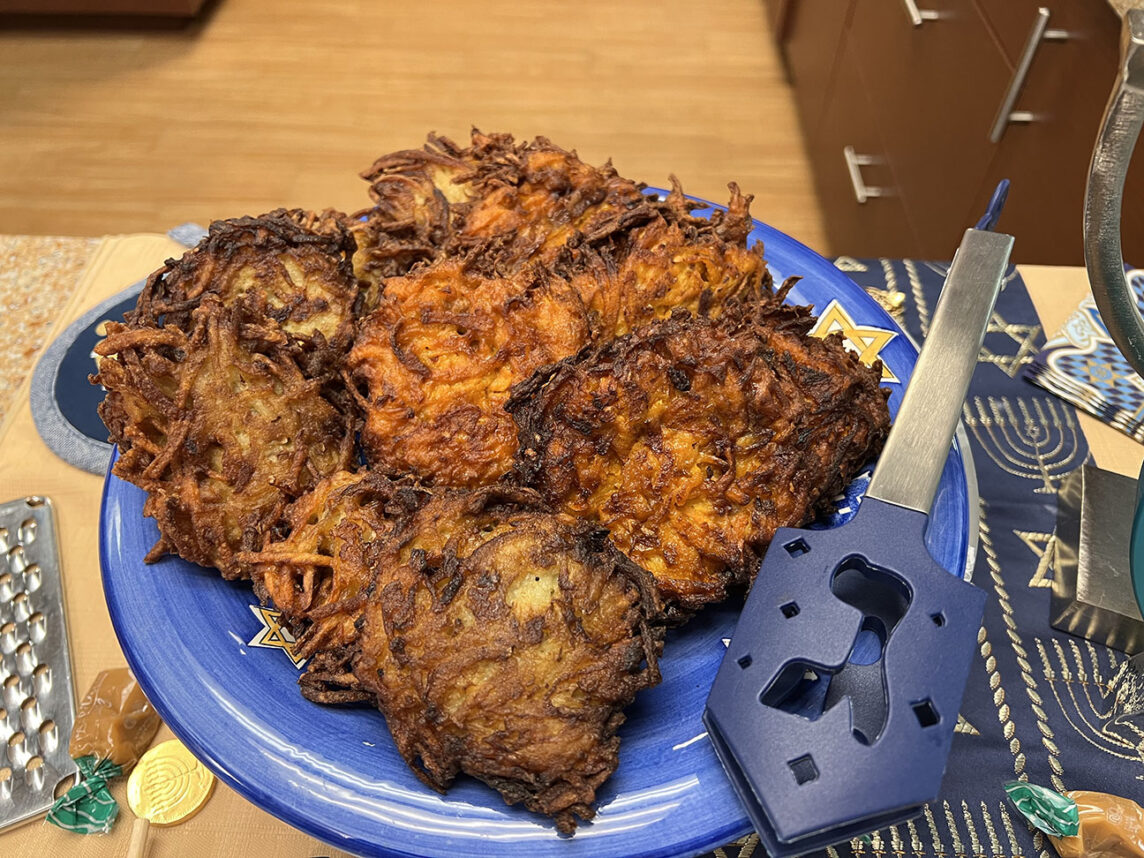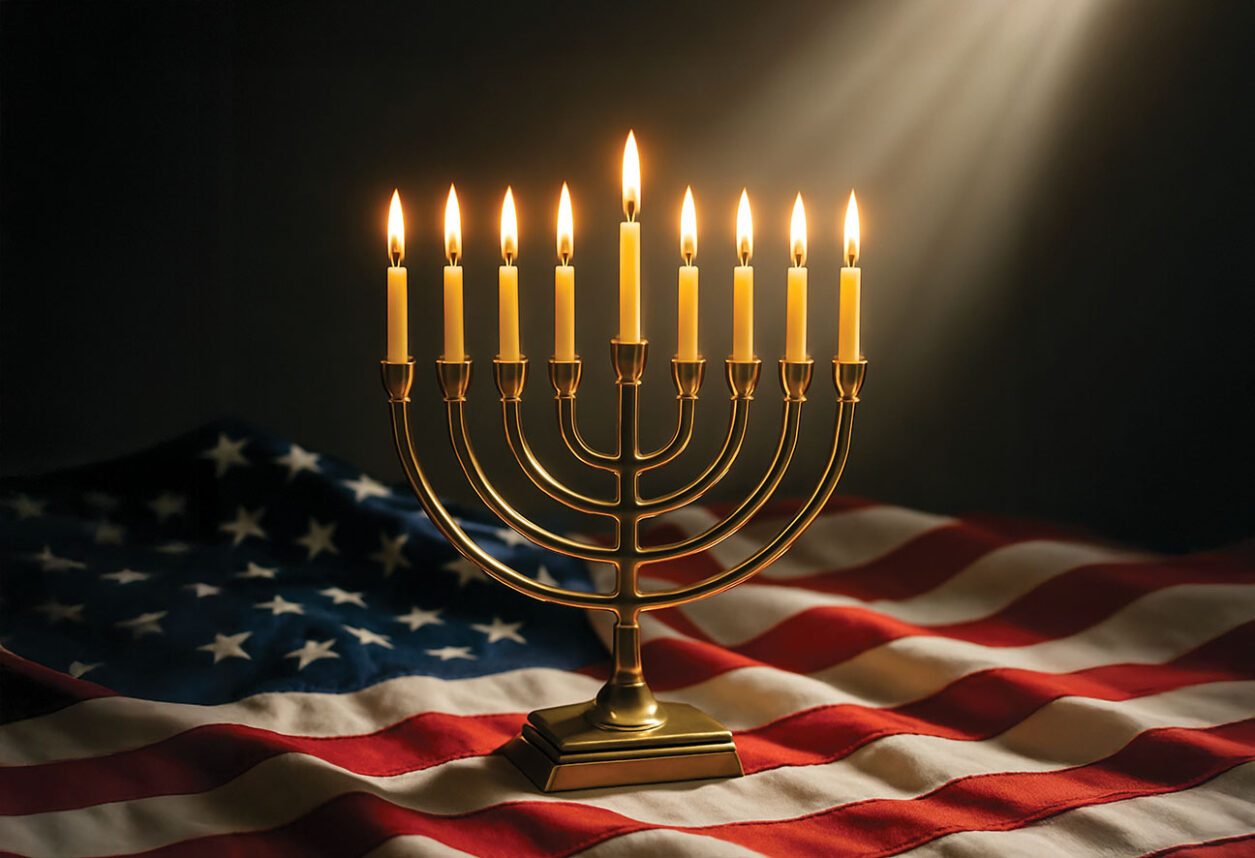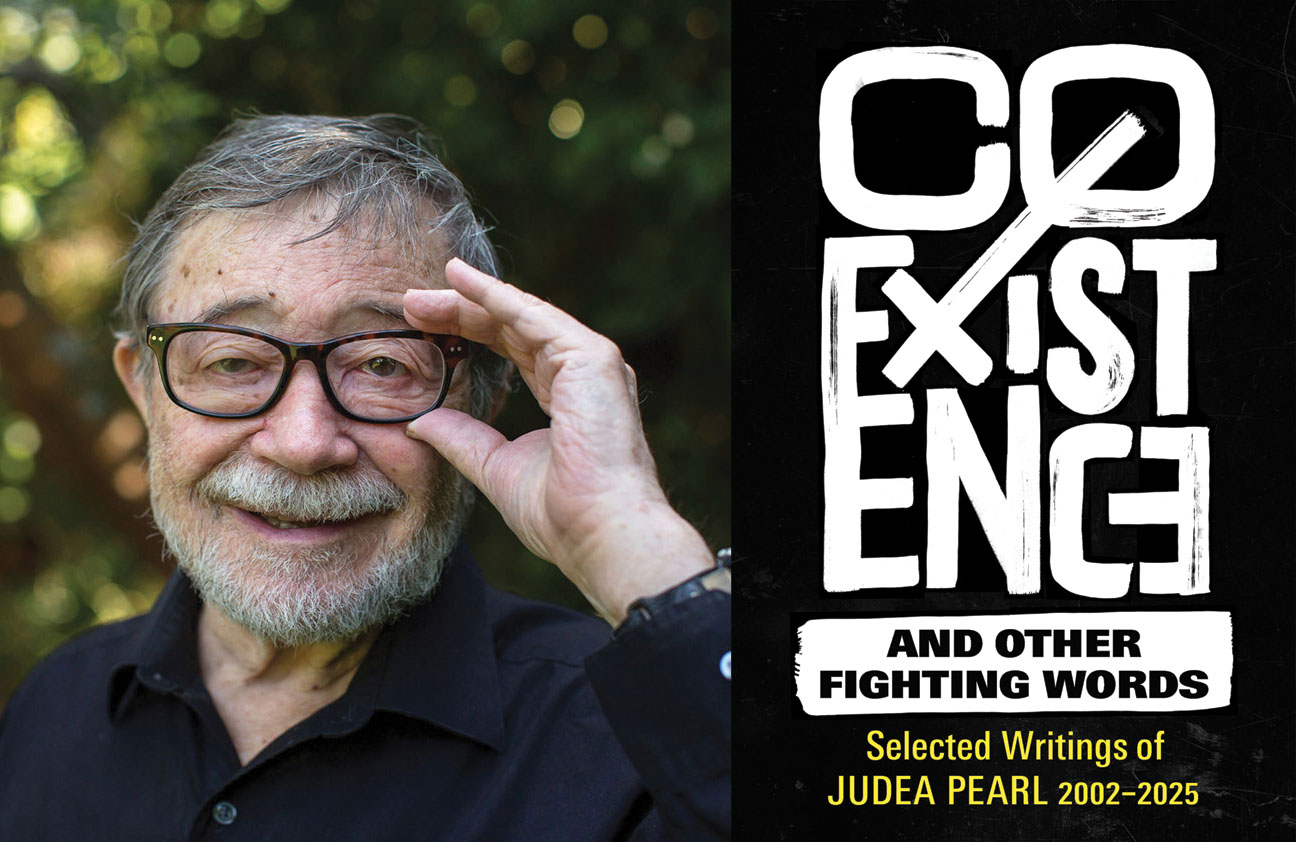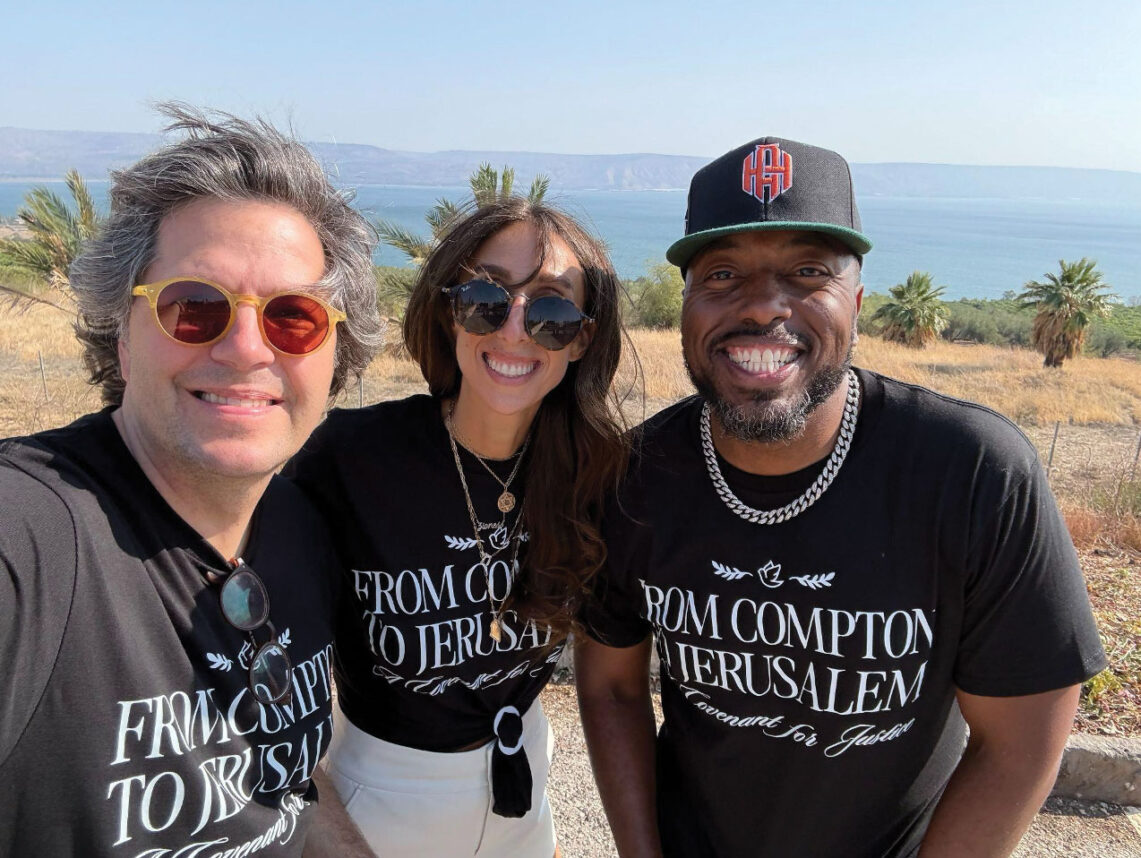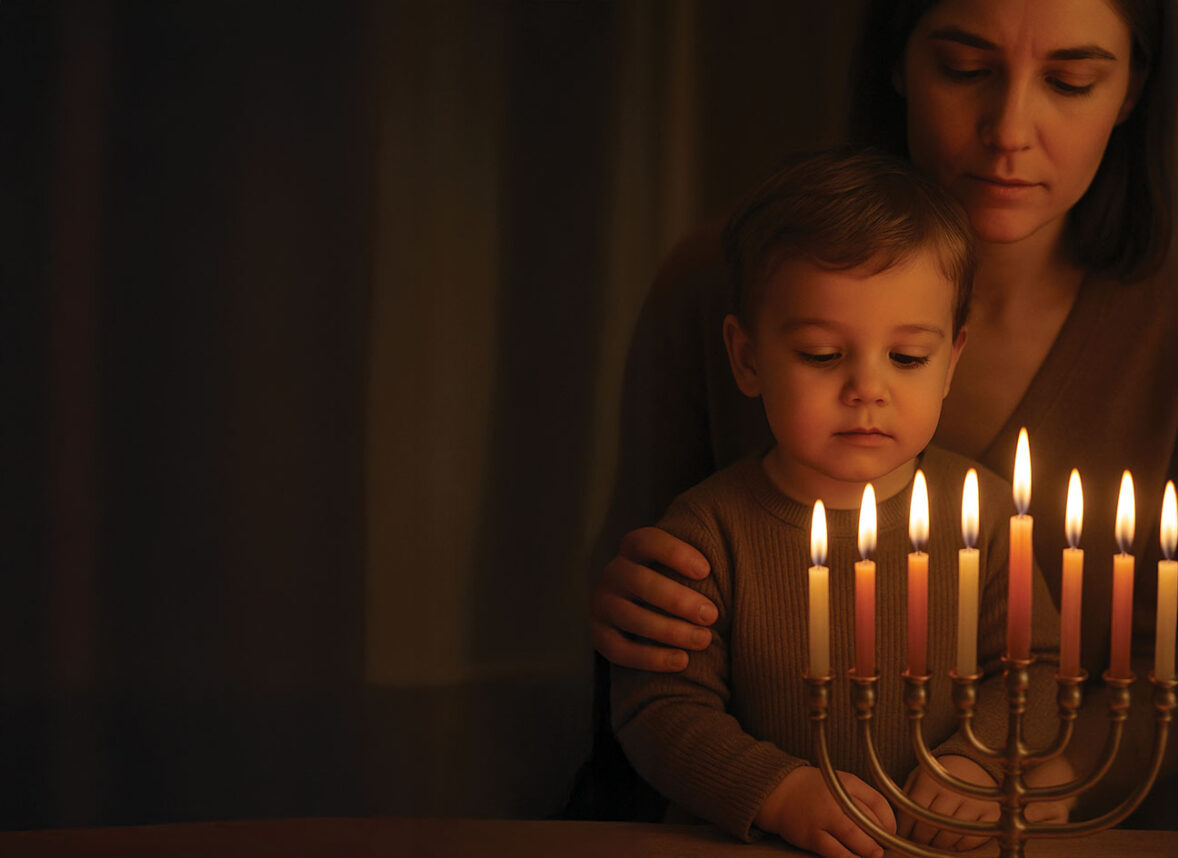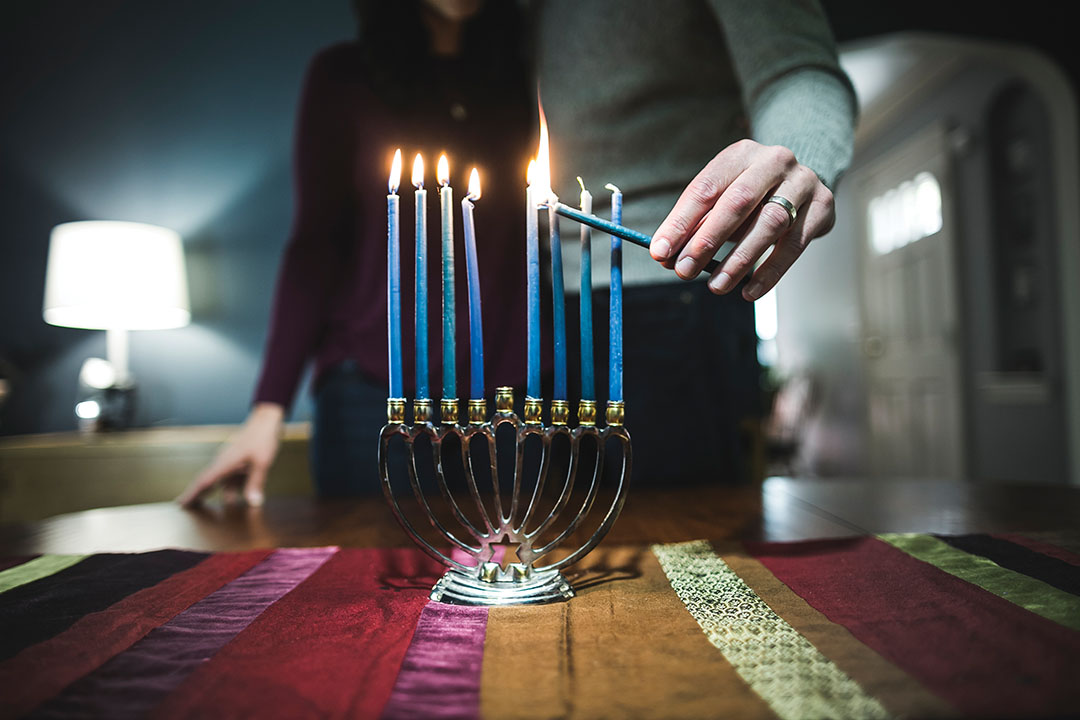
In his 1994 book, “Will We Have Jewish Grandchildren?: Jewish Continuity and How to Achieve It,” Rabbi Lord Jonathan Sacks, z”l, described an extraordinary predicament he once faced: The legendary author and theologian was invited to have lunch with the Prime Minister of the United Kingdom. Simultaneously, he was also invited to partake in the London opening ceremony of a new Jewish school, to be held the same day and time as the lunch.
Incredibly, Sacks declined the Prime Minister’s invitation and opted to attend the opening of the school. His reasoning? “Governments sustain society, but education sustains the world,” he wrote.
To those familiar with Judaism’s seeming obsession with learning and its reverence for teachers, it comes as no surprise that Sacks, whose writings and lectures composed a lifelong love letter to God and Judaism, regretfully bowed out of lunch with one of the world’s most powerful leaders. “Teachers open our eyes to the world,” he wrote in his 2004 book, “From Optimism to Hope,” adding, “They give us curiosity and confidence. They teach us to ask questions. They connect us to our past and future. They’re the guardians of our social heritage. We have lots of heroes today—sportsmen, supermodels, media personalities. They come, they have their fifteen minutes of fame, and they go. But the influence of good teachers stays with us. They are the people who really shape our life.”
In honor of the back-to-school season, the Jewish Journal asked various community leaders, educators, writers and thinkers one compelling question: Is there a teacher who shaped your life?
In honor of the back-to-school season, the Jewish Journal asked various community leaders, educators, writers and thinkers one compelling question: Is there a teacher who shaped your life?
Their responses, which included memories of teachers in the U.S., Canada, pre-revolutionary Iran, and Israel, spanned from the 1960s to the twenty-first century. They touched our hearts and reminded us of the precious gift of a teacher who sincerely sees us for our individual potential. Truly, the educators mentioned below are a testament to the ancient words of Alexander the Great, who wisely observed, “I am indebted to my father for living, but to my teacher for living well.”
Rabbi Dr. David Lieber, remembered by many as president of the University of Judaism and as editor of the Etz Hayim Torah commentary, was a memorable teacher with impact far beyond the classroom. While a student at UCLA’s Law School in the 1970s, I enrolled in two of Dr. Lieber’s Bible courses at UCLA. Dr. Lieber, the institution builder and scholar, took an interest in people, including his students, whatever the setting.
Several years later, when I weighed alternative career paths, it was Dr. Lieber, from among my teachers, whose counsel I sought. His advice, after listening intently, was to pursue that path that I considered most compelling. He offered practical guidance with respect to “next steps.”
When I think of Dr. Lieber, the words of the prophet Zechariah, “Not by might, nor by power, but by My spirit,” spring to mind. Dr. Lieber’s leadership was not by bombast but by a gently manifested focus on engaging people, individually and collectively, in meaningful Jewish learning experiences. The name Lieber, “beloved” in Yiddish, was descriptive of the man.
The Torah of Dr. David Lieber, as spoken and by example, is instructive decades later. For this appreciative student, its embodiment remains an aspiration.
—Dr. Gil Graff, Executive Director, Builders of Jewish Education (BJE) Los Angeles
Our cherubic, white-bearded seventh-grade English teacher announced to the class that there would be a school-wide Thanksgiving speech contest. It was 1979, and my family had just escaped the Iranian revolution and landed in Beverly Hills. Still dizzy from being uprooted from everything I knew, somehow, I had the idea that I too could write an essay about being thankful. Mr. Kinny was the one who gave me the confidence, perhaps chutzpah, to tell our family story of intolerance, forced expulsion, immigration and open-armed welcome by our adopted nation. I won that contest and delivered my speech in front of the El Rodeo school audience. It was Mr. Kinny, possibly pulling strings to make sure I came out on top, who was able to overlook the language deficiencies in my story, my complete lack of awareness about the historical significance of Thanksgiving, and my broken spoken English, to encourage the new girl from Iran who had the audacity to compete for a speech contest months after her arrival in a new land — the very definition of an exemplary teacher.
—Sharon Nazarian, President, Younes & Soraya Nazarian Family Foundation
I have a story of a teacher that changed my life: Mr. Solomon. He was the English teacher at Hillel Hebrew Academy Jewish Day School. I was a mere nine-year-old who had just moved from Queens, New York to Beverly Hills. My parents were Holocaust survivors and wanted me to continue my Jewish day school education.
I was the “new kid” who arrived mid-year. It was January 1971 and I was brought into a new school and a new classroom in the middle of the year. I remember interrupting Mr. Solomon’s class as the principal (Rabbi Gottesman) brought me in to introduce the new student. Immediately, Mr. Solomon welcomed me and hand-picked one of his favorite students, Shirley Davidov, and literally put us together and said, in front of the whole class, “You two will be friends.” Sure enough, that day changed the course of my life. I was the only child of Holocaust survivors who immediately had an instant friend, whose large wonderful family embraced me, making sure I always felt loved and nourished. Shirley was my maid of honor at my wedding and I too was in hers. Mr. Solomon, through his act of kindness by looking out for “the new girl,” set my path to feeling held, safe and part of an extended beautiful family.
—Lili Bosse, Mayor, City of Beverly Hills
I met Dr. Shlomo Bardin as a camper at Camp Alonim in 1960. For the next sixteen years until his death in 1976, I sat “at his feet” learning what it meant to be a Jewish educator. I learned that creating meaning was far more important than measuring. I learned that teachers must first “touch the souls of their students,” and only then would and could the children learn. I learned that the aroma of challah baking on Friday afternoon, singing around the Shabbat table, and a serious understanding of Torah were the keys to teaching my own children, as well as the children of our community. Most importantly, however, I learned that Judaism contained a particularistic and universal vision for humanity, and by watching Dr. Bardin, I learned how to articulate that vision. Not only has Shlomo Bardin left an indelible imprint on my life and career, but also through his vision for Jewish high school education, I helped develop three Jewish high schools in Los Angeles. Indeed, every graduate of Yeshiva University of Los Angeles High School, of Milken Community High School, and of de Toledo High School, can claim Shlomo Bardin as their teacher.
—Dr. Bruce Powell, President, Jewish School Management; author (with Ron Wolfson) of “Raising A+ Human Beings: Crafting a Jewish School Culture of Academic Excellence and AP Kindness.”
The year was 1969; I was a freshman at UCLA. My favorite class was intermediate Hebrew. The professor’s name was Yigal Yannai, and he was intent upon us learning conversational rather than biblical Hebrew. To accomplish that goal, our textbook was “La’Matchil,” an Israeli newspaper written in simplified Hebrew. My most poignant memory is when my friend, Tobi (whom I met that year and with whom I remain the dearest of friends) and I were teamed up to pick an article to report on for our final grade; rather than an article, we selected a Moussaka recipe contained in the paper and invited our teacher and classmates to our apartment to “experience” our final project. Professor Yannai agreed to this plan, which no doubt is what makes him my most memorable teacher ever! Luckily, Tobi’s Hebrew was better than mine; together we shopped for the then-strange Middle Eastern ingredients, converted the grams and milliliters to ounces and cups, and eventually had a Moussaka casserole in the oven ready to serve as our teacher and fellow students arrived. No one got sick that night, which meant that I guess we learned what Professor Yannai hoped we’d learn … and then some!
—Janice Kamenir-Reznik, Co-founder, Jewish World Watch and Jews United for Democracy and Justice
Her name is Becky Rivka Mark and her subject matter was the great world you could find in books while skipping class. Becky was the librarian at Chorev, the Jerusalem-based school I went to when my family moved to Israel for a spell in the 1990s. To an isolated, alienated young girl in a country I didn’t understand, whose new context was wreaking havoc on what I thought was my personality, Becky was an absolute lifeline. She was kind and generous. She recommended books that I continue to re-read to this day, books that showed me that the world was so much bigger than the daled amos (“four handbreadts” — a Talmudic term for a small space) that mine had shrunk to. She never judged me for bunking off of class and let me hide in the stacks and read and read instead of sitting through another 45 minutes of words I didn’t understand. Charles Dickens, Dodie Smith, Shakespeare, Walter Scott — she’d recommend and I’d read and then we’d discuss. She never had qualms about hating a famous book you were “supposed” to like, and that irreverence impressed me deeply. I think about Becky all the time.
—Batya Ungar-Sargon, Deputy Opinion Editor, Newsweek
One day in first grade, on a Friday, we had a substitute teacher for Jewish Studies at Stephen S. Wise Elementary school in the 1990s. She was tall and Israeli. I remember that without giving any warning, the first thing she did was to turn off all of the classroom lights. Then she proceeded to speak about Shabbat; and she kept repeating the word “Shabbat,” in her Hebrew accent, several times. Then, without much introduction, she took us on a journey to her childhood and proceeded to tell us of the sounds and smells of basil and other spices that were used in preparation for cooking meals for Shabbat. After her vivid explanation, she had someone pass out what seemed to be giant pieces of white construction paper and told us to write out a poem about what Shabbat meant to each of us. Her name was Gilla Nissan and I ended up connecting with her later in my twenties. It turns out that she was the parent of a friend of mine who also went to Stephen S. Wise with me; but we only found out when we went to Boston University together. Gilla taught me—and still teaches me — about Kabbalah, the mystical meaning of each of the Hebrew letters of the alphabet and how to meditate. But it was in that one experience in first grade that Gilla taught me the meaning of holiness, of what it means to sanctify time — the meaning of Shabbat.
—Rabbi Tarlan Rabizadeh, Vice President for Jewish Engagement at AJU and Director of the Maas Center for Jewish Journeys; Director of the Miller Intro to Judaism program
It was Steve Hilsabeck who made my senior year at New Trier High School in Winnetka, Illinois especially memorable and important. His class on pop culture taught me that there are many ways to understand American history. You can do it through the study of dates and presidents and wars, but you can also do it through what might wrongly seem like disposable ephemera. I’ve taken the lessons he taught in that class and turned them into a lifetime of diversion and study. He was a great charismatic teacher who never treated you like a kid but always like a person.
—Rich Cohen, New York Times bestselling author, “The Adventures of Herbie Cohen: World’s Greatest Negotiator”
From first grade growing up in Brookline, Massachusetts, Miss McQuaid taught with her feet as she moved around the class and made each of us feel special, and each of us couldn’t wait to get to school every morning. I remember my Professor, Dr. Samuel Sandmel, at Hebrew Union College in Cincinnati, an International Scholar in the New Testament. His book, “We Jews and Jesus: Exploring Theological Differences for Mutual Understanding,” changed my thinking about the world and I set my life’s path to reach out around the world, being involved in the interfaith movement. This led me to my lifelong relationship with Rev. Jesse Jackson, as my teacher and mentor.
—Rabbi Steven Jacobs, Ret. civil rights and human rights activist
We had moved to Montreal a couple years earlier from Morocco. I had fallen in love with English. I was determined to master the language. In grade six, I hit the jackpot with Mrs. Cleland, my all-time favorite teacher. She smoked and wore lots of make-up, and would spend extra time with me after class to teach me how to roll my R’s, among other things. OK, guilty as charged: I was the teacher’s pet. On Monday mornings, I would often ask her about a word I heard at a sermon that Shabbat. It was an Ashkenazi shul across from where we lived (either Adath Israel or Young Israel — I can’t remember). One Monday, after telling her that the sermon that week was especially good, I asked her what the rabbi meant when he said “multivate.” Immediately and without flinching, she replied, “Oh no, no David. It’s not ‘multivate’, it’s ‘motivate’”! I will never forget my beloved Mrs. Cleland.
—David Suissa, Publisher and Editor-in-Chief of Tribe Media/Jewish Journal
I can recall when I was in tenth grade at high school in pre-revolutionary Iran at a school named Koorosh (“Cyrus” in Persian. Iranian Jews respect the memory of Cyrus the Great, so some of their organizations bear his name). I had a chemistry teacher named Mr. Mehrdad Mobassery, who now resides in the Los Angeles area. Mr. Mobassery was very young compared to all of my other teachers (he was only 10 years older than me). Since he was young, he brought new ideas and fresh spirit to the class. One of his prominent qualities and skills was his art of communication and how to get the students’ attention to listen to him. The class was about 50 minutes, but I would not miss a word of what he spoke. It was a mutual collaboration between him and the students; he communicated well and we listened well in return. The most important factor of his teaching was that I could not wait to attend his class because of his empathic and understanding character.
—Bijan Khalili, President and founder, Ketab Corp. Publishers
When I met, Rabbi Steve Robbins in 1971 at the Hillel Foundation at the University of Cincinnati campus, the world of Jewish learning finally opened-up. Having sat in Cheder, an ultra-traditional “Conservadox” religious school in the fifties, I was treated with disdain and disregard. As a female, it wasn’t important to really learn, to reinforce my curiosity, to sing or become a Bat Mitzvah. Then I experienced a young man bring Judaism to life for young adults, both male and female, to open-up Torah and inspire us to “feel” our ancestors’ pain and joy, to watch the text be mined on multiple levels, most powerfully its mystical secrets, and experience a teacher’s excitement and energy in sharing text, the content and its inner soul. His teaching transformed my relationship with Jewish learning and became the greatest influence on my own approach as a teacher. Fortunately, he also became my husband and a great mentor in my journey to become a rabbi and cantor. His innovative and pluralistic vision inspired me to see beyond boundaries and tap into my own source of creativity and deep love of Judaism.
—Eva Robbins, rabbi, cantor and artist; author, “Spiritual Surgery: Journey of Healing Mind, Body, and Spirit”
A teacher who shaped my life is Edward Edsall, my tenth grade AP European History teacher at Calabasas High School. Our class started in the fall of 2020, during the pandemic. Despite the fact that we were on Zoom, Mr. Edsall’s passion for the subject—and teaching in general—was evident from day one. He always made class interesting and enjoyable, no matter how difficult the material might have been. Further, he always made himself available to each student, and as we got closer to the AP exam, he went above and beyond by holding morning Zoom sessions for his more than 180 students. He even Zoomed from his car one morning when a family member was taken to the hospital. Mr. Edsall taught me to think deeply and to push myself. He gave me a unique way of analyzing issues and taught me writing methods that I find invaluable. Not only that, but his pearls of wisdom have stuck with me, especially his advice to “eat the cheesecake first.” Mr. Edsall is one of a kind, and his dedication and enthusiasm will always inspire me to put 120% into everything I do.
—Riley Jackson, high school senior in Los Angeles; published author and contributor at the Jewish Journal; founder of Driving with Daisy; Junior Board President at Cancer Support Community Los Angeles and the City of Hope
As I grew up, it was nontraditional teachers who had the greatest impact on my life. When I was 15 years old, I had a painting job with George Ritter, an architect, who taught me more than how to paint with meticulous preparation; he taught me to carefully sand and seal, until the final coat went on like glass, refining my skills with each paint job. From him I learned the discipline of art with an eye for perfection. In high school, I also had a job with Paul Escobar, a janitor, who hired me as his assistant to help him clean the local newspaper and social security offices, where I learned hard work and respect. They believed in me when others did not. They were my first mentors, and they taught me the kind of person I wanted to be. As a father, the greatest joy is seeing mentors like this take an interest in my son. Sam Adler, a classical composer, was my son, David’s, composing teacher at Julliard. He went above and beyond, taking an interest in David’s success. We had never been to Carnegie Hall, the Kennedy Center, or the Lincoln Center before, but it brought tears to my eyes seeing him show up to support David each time.
—Bob Hertzberg, California State Senate Majority Leader Emeritus; candidate, Los Angeles County Board of Supervisors
Allen Greenberger, of blessed memory, a history professor, found a way to create a class lecture that was irreverent, welcoming, funny, and educationally challenging. The college I attended did not have a significant number of Jewish students or a Jewish Studies division. Professor Greenberger tried to fill this void. He did as much as he could to bring Jewish Studies and culture through creative classes like the History of Yiddish Theater, or Jews in Sports and Memory and History, a course blending history and psychology of the Holocaust. He taught me the value of our history as a Jewish culture through lectures and through action, and how to find ways to share Jewish culture within a system that didn’t prioritize it. He taught me that one can be cynical yet remain hopeful that people and the world could be better. I thank him and all the great teachers for their wisdom, patience and care.
—Adeena Bleich, Civic and Jewish Community Solutionist
The teacher I want to acknowledge is Tova Eisenthal. She was my seventh through ninth grade teacher in Israel, some time in the nineties. She taught at an Alliance school in Tel Aviv. She was the first person to install in me the notion that I know how to write. She was a literature, Hebrew and writing teacher. Everyone in the class would have to write an essay; we would have a test and she would walk into class and say, “The topic that you have to write about is XYZ; Noa, you can write about whatever you want.” So she just gave me free hand to do whatever I wanted and instilled in me the notion that I can express myself in writing, which obviously came in very handy, and still comes in very handy. I’m extremely grateful to her forever.
—Noa Tishby, actor, writer, producer and activist; author, “Israel: A Simple Guide to the Most Misunderstood Country on Earth”
In 1979, I was a freshman at Rambam (the pre-YULA/Shalhevet Modern Orthodox HS in LA). I was placed in the Beit Midrash track for Talmud, and was introduced to serious Talmud study by Rabbi Chaim Shulman, a Talmudist who also had a Ph.D. in Math and Physics. I never had such a brilliant teacher who was also such a kind person. He saw that I loved learning Talmud, so he invited me to study with him on Shabbat afternoons in the Kollel in the Beverly-Fairfax area. Every week he exposed me to new books and the creative world of Talmudic commentaries, and when I open those books today, I can still remember detailed conversations from those Shabbat afternoons. One week I asked to excuse myself early, as I had a Rambam basketball game that Saturday night. I explained that I wanted to be home to change right after Shabbat and then hustle to the game. He understood, but I was concerned that I disappointed him. Then during the game, while standing at the free throw line, I saw Rabbi Shulman standing in the crowd. His presence surprised me and inspired me to play harder. As the final buzzer sounded, he approached me and said “Yashar Koach,” the traditional phrase he used when praising a Talmudic insight. Rabbi Shulman taught me lots of Talmud, but that night, he taught me what it means to be a rabbi and teacher.
—Rabbi Daniel Bouskila, Sephardic Educational Center, Westwood Village Synagogue

